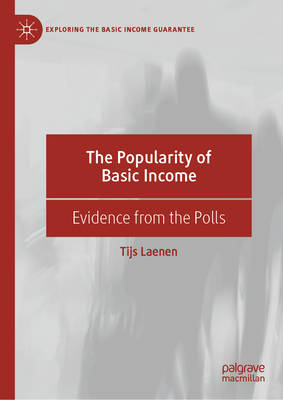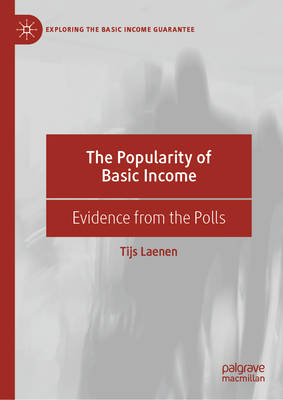
- Retrait gratuit dans votre magasin Club
- 7.000.000 titres dans notre catalogue
- Payer en toute sécurité
- Toujours un magasin près de chez vous
- Retrait gratuit dans votre magasin Club
- 7.000.0000 titres dans notre catalogue
- Payer en toute sécurité
- Toujours un magasin près de chez vous
Description
This book provides a state-of-the-art overview of the popularity of basic income among the general public. Using data from a wide array of public opinion polls conducted in different countries and years, the book first charts popular support for the ideal-typical version of basic income, broadly defined as a "periodic cash payment unconditionally delivered to all on an individual basis, without means-test or work requirement". On top of that, the book maps popular support for the many other, differently designed varieties of basic income that are part of real-world proposals, pilots, and experiments - including, for example, a participation income, a negative income tax, and a stakeholder grant. By investigating how and why support for different types of basic income varies across countries, evolves over time, and differs between individuals with different characteristics, this book offers crucial information about the political constituencies that can be mobilized in favor of (or against) the introduction of basic income, thereby contributing to our knowledge on the political feasibility of basic income.
Spécifications
Parties prenantes
- Auteur(s) :
- Editeur:
Contenu
- Nombre de pages :
- 347
- Langue:
- Anglais
- Collection :
Caractéristiques
- EAN:
- 9783031293511
- Date de parution :
- 06-05-23
- Format:
- Livre relié
- Format numérique:
- Genaaid
- Dimensions :
- 148 mm x 210 mm
- Poids :
- 594 g

Les avis
Nous publions uniquement les avis qui respectent les conditions requises. Consultez nos conditions pour les avis.






